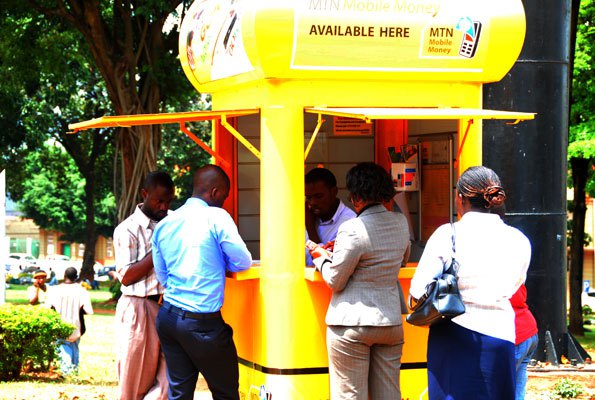Abstract
Following a new government legislation, Cameroonians started paying a 0.2% tax on mobile money transactions on January 1, 2022. This 0.2% tax on money transfers and withdrawals has been making headlines since its implementation. Critics have described this tax as regressive, arguing that it will slow down financial inclusion. The tax has its implications on the government of Cameroon, Cameroonian citizens especially mobile money users, Mobile Telephone Network (MTN) & Orange mobile network service providers, and the entire banking sector. For example, it disproportionately affects middle- and low-income taxpayers since it is seen as a double or continuous tax. Amongst several recommendations, the government can reduce the tax option from 0.2% to 0.1%, but with MTN and Orange Cameroon adjusting to a reduction of their charge rates. Alternatively, the tax could be imposed either only on sending or on withdrawal and not on both as the latter clearly indicates a double tax regime which is disparaging and antithetic to social and economic wellbeing of the citizens. A possible outcome could be that struggling students will not have to “rob Peter to pay Paul” because they need to augment fees chopped by “some taxes”.



